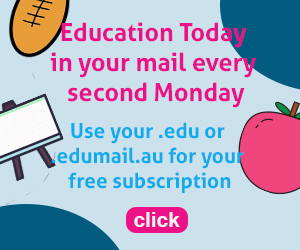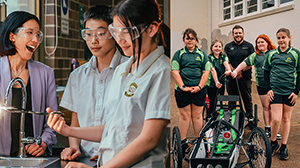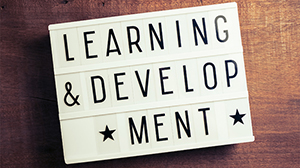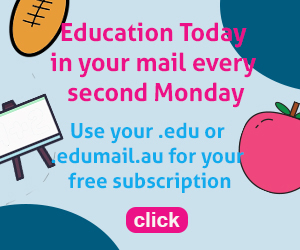
|
 For Education Leaders
The Ethical Compass: Ethical Decision-Making and Integrity In the intricate world of schools and community, the dilemma of managing personal relationships within a professional context is both challenging and prevalent. This becomes particularly complex when teachers form close friendships with parents of students. This dilemma delves into a situation where a school leader must navigate the fine line between personal and professional boundaries, ensuring fairness and impartiality in a setting where personal relationships could lead to conflicts of interest. Read more Are Gen Z ‘Delulu’, ‘Demure’, or Rather Advocating for Necessary Change? Gen Z, or individuals born between 1997 and 2012, are increasingly entering the workforce. By 2025, this generation is predicted to account for 27% of the global workforce and is set to become the largest generation in the workforce by 2035. Behind and Falling Further Behind Students with dyslexia and speech, language, and communication needs are, on average, 1.5 to 2 years behind, while those with autism are about a year behind their classmates and those with specific learning disorders lagged behind their peers with the gap widening. Prime Minister’s Prizes for Excellence in Science Teaching Winners Two public system teachers have taken out this year’s Prime Minister’s Prize for Excellence in Science Teaching, Mr Daniel Edwards from Montello Primary School in Tasmania has received the Prime Minister’s Prize for Excellence in Science Teaching in Primary Schools and Ms Alice Leung from Concord High School has won the Prize for Excellence in Science Teaching in Secondary Schools. The Short-Sightedness Epidemic We are in the grip of a ‘myopia epidemic’: more than 20 per cent of Australians have myopia or short-sightedness, tipped to rise to 50 per cent by 2050. The condition typically develops during school years and, in severe cases, can lead to blindness. Children with early-onset myopia are at highest risk. Wellbeing Considerations to Support Adolescent Students' Learning Here we look at developmental and wellbeing factors affecting adolescent students. This includes an application of Erikson's theory of psychosocial development, brain development and functioning, leveraging multisensory learning, explorative learning experiences, and educational processes which intentionally and unintentionally influence student identity formation. Practical strategies are then presented to support adolescent students' wellbeing and learning. Read more |

|







